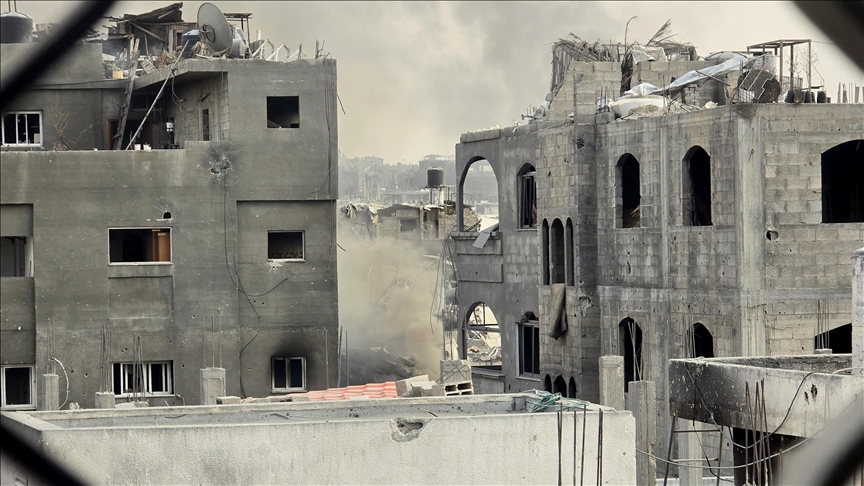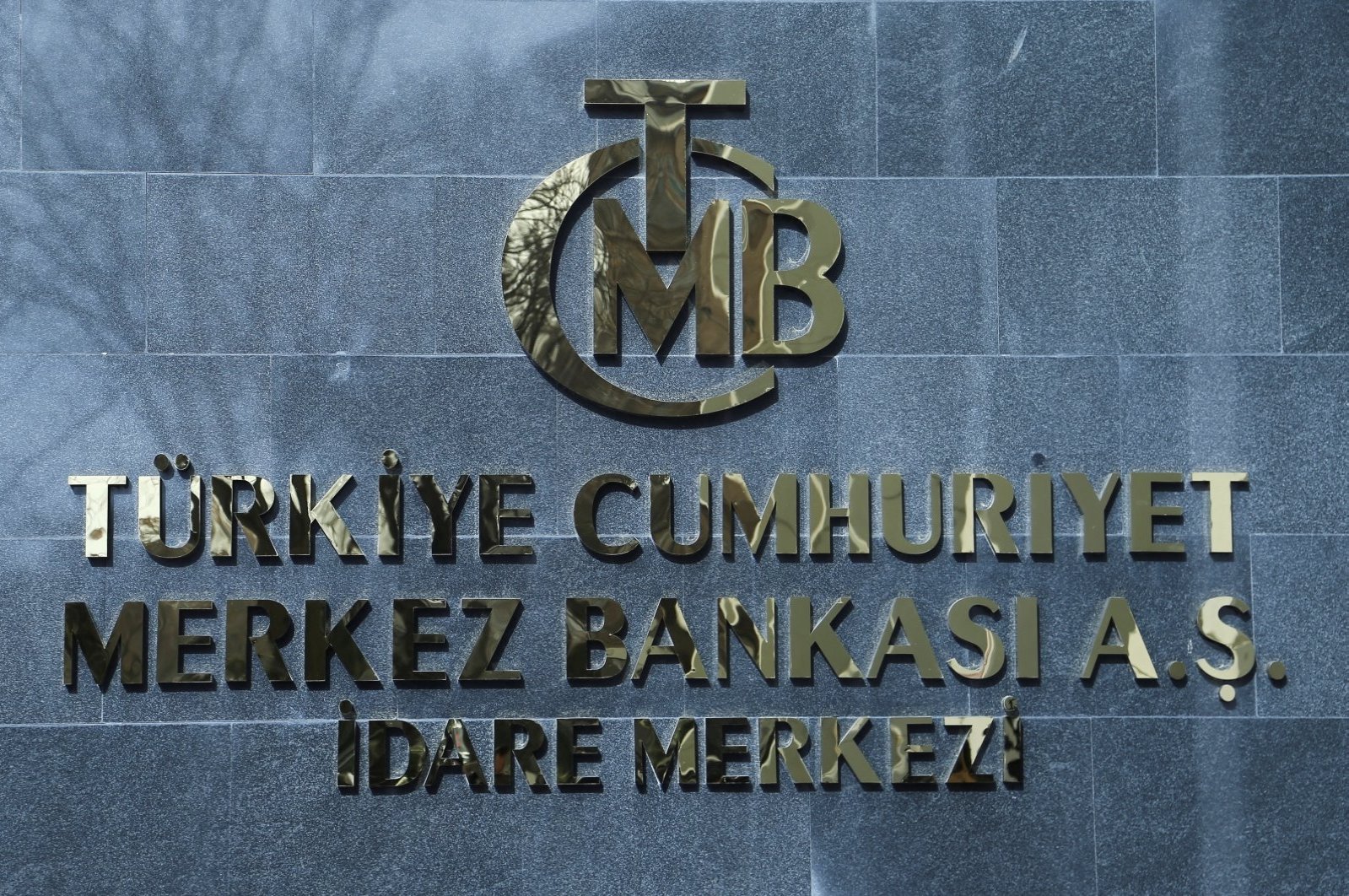Four U.S. Soldiers Killed In Baghdad Attacks
"An attack has happened," the spokeswoman said, without providing any further details.
Dura was the site of a drive-by shooting Wednesday, June 18, in which one U.S. soldier was killed and another wounded.
In another attack, a U.S. army medic was killed and two other soldiers wounded Thursday in a rocket-propelled grenade (RPG) attack in Al-Iskandariya, south of Baghdad, a U.S. military spokeswoman said.
The 804th Medical Brigade soldier was killed and the two others hurt when their ambulance was hit as it headed to an army hospital, transporting a patient injured in an unrelated incident, the spokeswoman told AFP.
The latest deaths bring to 52 the number of U.S. troops killed since U.S. President George W. Bush declared the war in Iraq effectively over on May 1, according to an AFP account.
Final Ultimatum
In another development, soldiers of the Iraqi army which was disbanded by the U.S.-led occupation administration warned Thursday of attacks against occupation troops, including self-bombings, unless an agreement over unpaid wages is reached by Monday, June 23.
"Yesterday (Wednesday) afternoon, a five-member delegation from our side met with a U.S. officer who agreed to respond on Monday to our demands", either to pay owed wages or give us our jobs back, Tahseen Ali Hussein told AFP.
"If on Monday at noon, the Americans do not find a suitable solution to our tragic situation, we will take up arms," he threatened, sparking a round of loud applause among a large crowd of former army servicemen in civilian clothes.
"We are all very well trained soldiers and we are armed. We will start ambushes, bombings and even suicide bombings. We will not let the Americans rule us in such a humiliating way," Hussein stressed.
"We were not Saddam’s soldiers, we were soldiers fighting to defend our country and the Americans know that the Iraqi army did not fight because they took Baghdad without facing any resistance," said Captain Bakr Hamid Ahmad.
"We don’t know why they want to punish us by abolishing the defense ministry and the army, when the (military) industrialization ministry which they accuse of producing weapons of mass destruction has not been touched," he said.
Non-commissioned officer Salah Radi said his monthly pay was 130,000 dinars (86 dollars), including 30,000 dinars (20 dollars) that he used to pay for renting the apartment where he lives with his wife and six children.
"Everyday, the landlord knocks on my door to ask to be paid, and I beg him to give me an extension. If he forces me to leave, I don’t know where to go because I am not earning any money," he lamented.
His colleague, Hamed Zugheib, said he had an additional problem.
Since he was forced out of his house in Khanaqeen, in the northeastern province of Diyala, by Kurdish fighters allied with the U.S.-led occupation forces, he has moved with his family into a cell in the district’s central prison.
"The Kurds burnt our house, killed some of our relatives and forced us out. Since we did not know where to go, we went to the Khan Bani Saad prison after all the prisoners were released at the fall of the Saddam regime," Zugheib said.
"The Americans have to find a solution for us. I cannot raise my children in a prison," he added.
The former servicemen were standing outside the back entrance of the al-Yarmuk hospital in southern Baghdad, awaiting the funeral procession of one of two colleagues killed Wednesday when U.S. troops opened fire on angry protesters.
Thousands of homeless Iraqi families annexed Iraqi government buildings, including prisons and military camps, and reshaped them into residential areas after the U.S.-led air strikes had razed their houses to the ground.
However, the U.S.-led occupation forces decided to evict homeless Iraqis from public buildings they have been taking shelter in.



